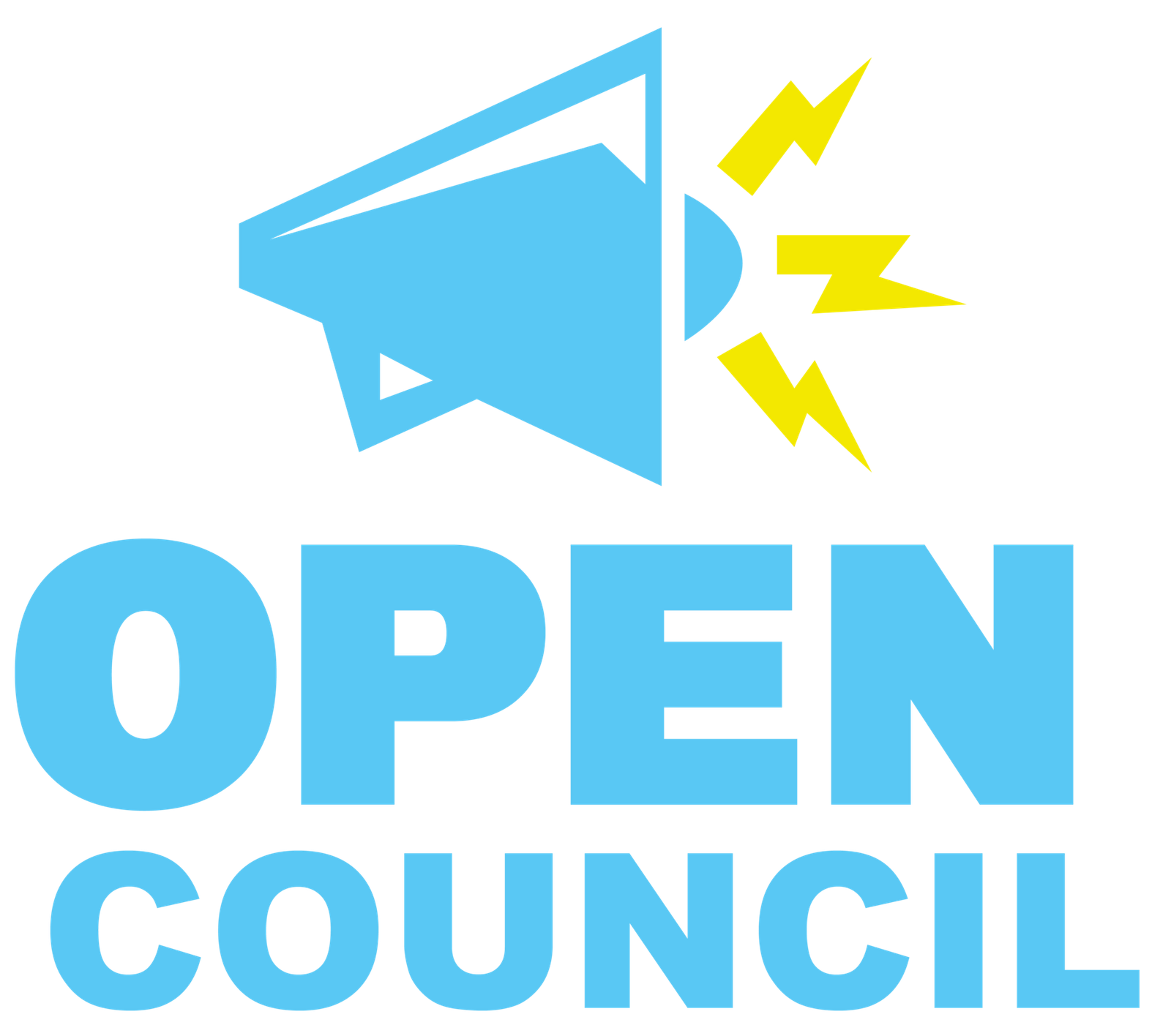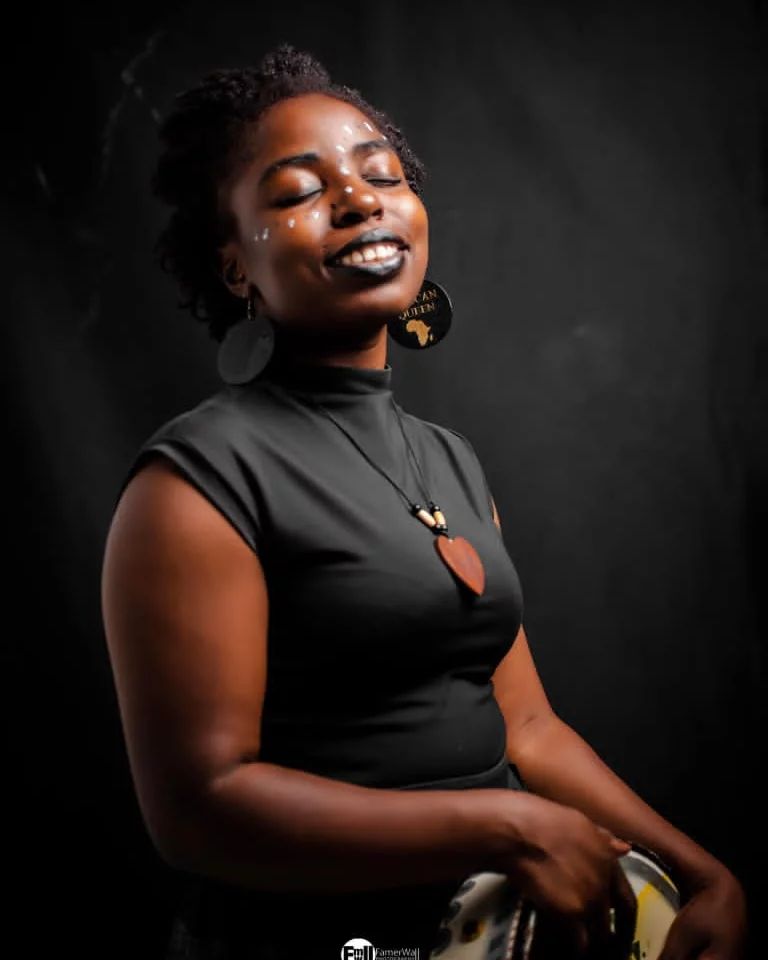In the heart of Masvingo, a young musician is skilfully blending Zimbabwean tradition with contemporary sounds, creating a tapestry that resonates deeply with her roots while striking a chord with the next generation.
Michelle Gamuchirai Gwaku, known to her growing fan base as Mhofukadzi, is not just a musician.
She is a cultural ambassador. A lyrical bridge, connecting Zimbabwe’s past to and its present.
At 26, Mhofukadzi’s voice carries the weight of generations, and her performances celebrate the Mbira, a traditional instrument that has become the hallmark of her musical identity.
Yet, her journey to this point has been anything but ordinary.
“I have been singing for as long as I can remember,” she recalls with a voice tinged with nostalgia.
“But it wasn’t until 2019 that I began performing professionally.
My uncle, Tawanda Gwaku, played a significant role in this, welcoming me into his band where I started as a backing vocalist.
It was here that I found my voice, eventually stepping into the lead role and embracing the hosho, [a traditional percussion instrument].
”She adds that mentorship under Tariro Ne Gitare and Magitare Africa Trust which runs a mentorship program for upcoming artists has been equally instrumental in shaping her music and creative entrepreneurship journey.
“Tariro Ne Gitare has been a mentor who has set me on this path, similar to my Uncle’s contributions.
“She is the main motivator behind our festival”
Mhofukadzi’s story is one of resilience built on her passion for cultural preservation.
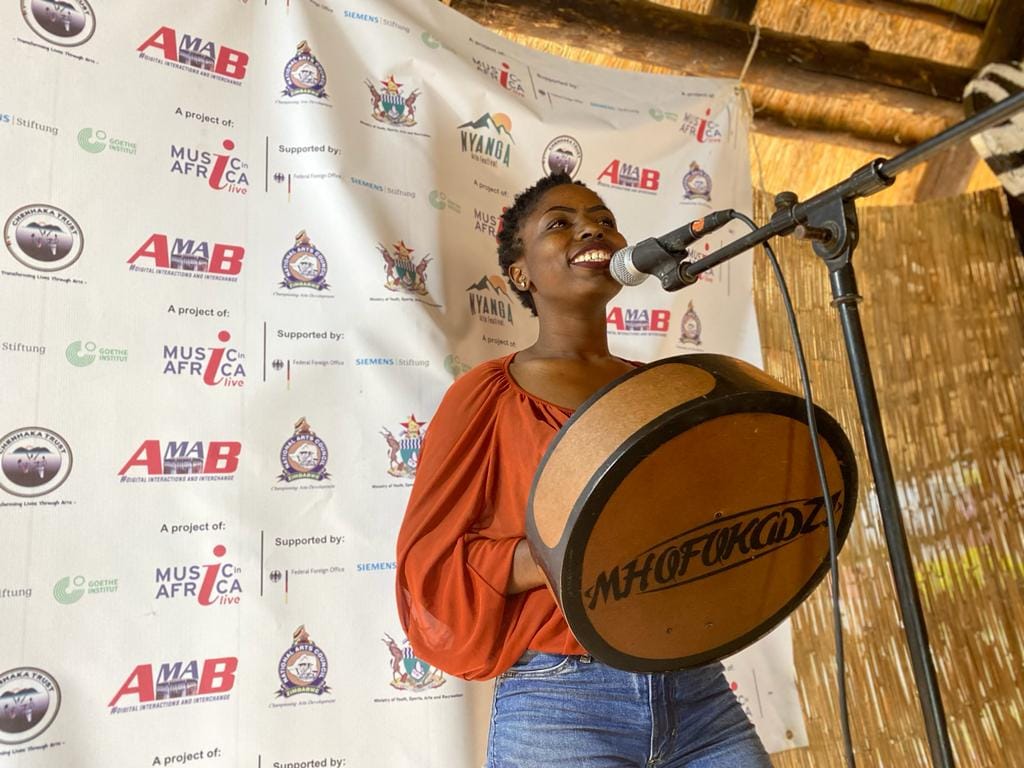
Its pieces are put together with poetic brilliance expressed through song and poetry.
Her passion for the Mbira is more than just a love for its sound; it’s a commitment to keeping Zimbabwean culture alive.
The commitment has seen Mhofukadzi evolve from a performer to a creative entrepreneur, founding the Roots and Rhythms Festival in early 2024.
The festival, a vibrant blend of music and poetry, aims to fuse African traditional music with Western elements, creating a sound that speaks to young people while honouring the past.
“Roots and Rhythms is about more than just music,” she explains.
“It’s about bridging generational and cultural gaps, teaching the younger generation that our heritage matters, and finding new ways to preserve it.
”Mhofukadzi’s journey has been significantly shaped by her involvement with Moto Republik.
The capacity-building workshops offered by Moto Republik, as part of the larger Great Zimbabwe Development Project supported by UNESCO, have been a turning point in her career.
“The Creative Entrepreneurship workshops have been transformative,” Mhofukadzi says.
“They have helped me see the connections between cultural preservation and our local resources.
I have come to understand the importance of our cultural heritage including sites such as the Great Zimbabwe National Monuments World Heritage site.
“I have a broader appreciation of how our history and identity, natural resources intertwine with our culture, and the role we, as artists, and young people play in preserving and celebrating that.
Mhofukadzi’s understanding of the cultural value of the Great Zimbabwe monument led to a shift in her approach to her art.
While her passion has always been her driving force, the workshops have given her the tools to think about sustainability, value addition, and beneficiation.
For the first time, the Roots and Rhythms festival sold tickets, and made significant strides to attract partners which is a significant step toward making the event self-sustaining.
“I used to do everything purely from the heart and I thought that’s all that mattered…” she admits with a smile.
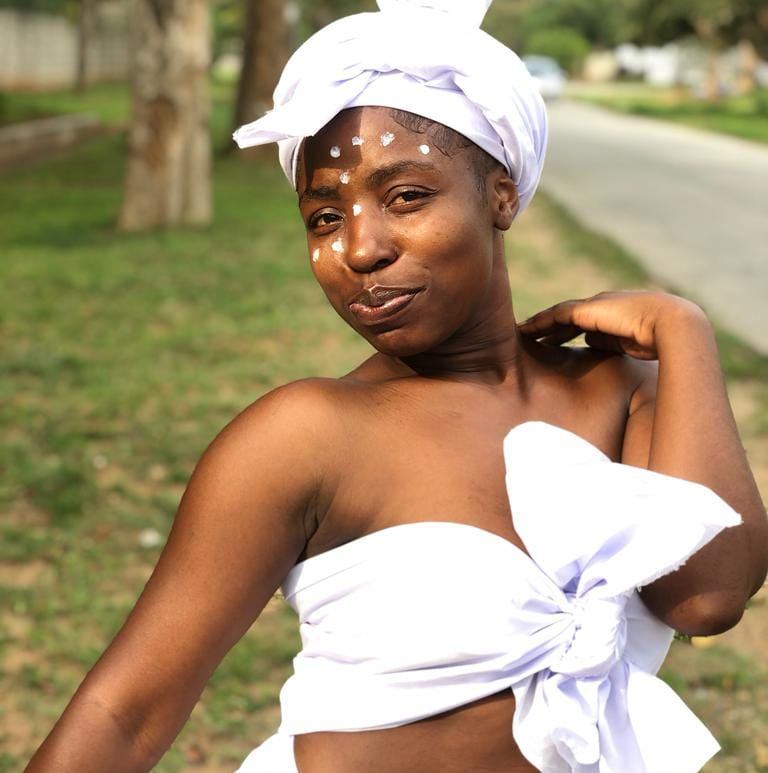
“But now, I’m learning to balance my passion with practicality.
I’ve learned that more than just singing and creating.
I need to focus on building something that can last, that can continue to grow without solely relying on personal funds. I need to benefit from my art and so does my community.
To revitalize the Great Zimbabwe World Heritage site’s regional significance and empower its communities, UNESCO has partnered with Moto Republik, the National Museums and Monuments of Zimbabwe, UNOPS and the French Development Agency to implement the “Rehabilitation and Development of the Great Zimbabwe World Heritage site” project.
The project is stimulating sustainable and inclusive tourism development of the site and its surrounding areas, thereby connecting the site with the local economy.
This is a direct answer to calls from contemporary creatives such as Vera Chisvo.
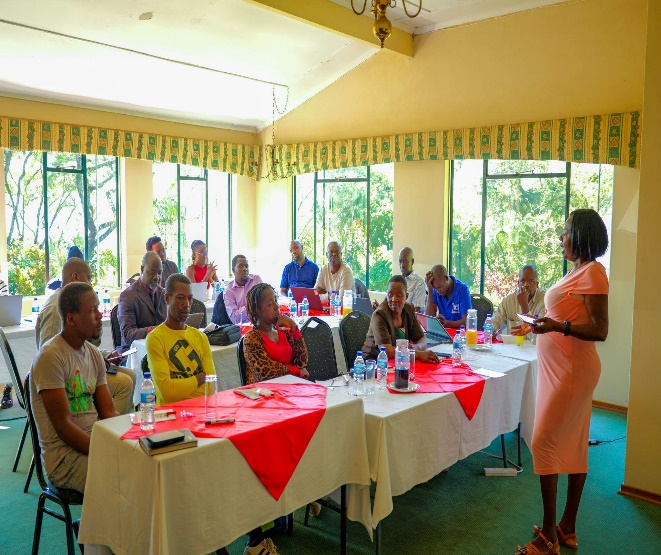
“With UNESCO’s support, we’re not just preserving the Great Zimbabwe World Heritage Site; we’re also empowering local creatives and fostering a sustainable arts economy in Masvingo.
Artists like Mhofukadzi embody this vision.” – Vera Chisvo, Programme Lead, Moto Republik.
The primary objective of the collaboration between UNESCO and Moto Republik is to establish a “Cultural Hub” that strengthens the creative entrepreneurial capacities of local community members and diversifies sustainable tourism activities at the Great Zimbabwe National Monument World Heritage site.
The creative entrepreneurship workshops are therefore meant to equip local artists with hands-on learning and mentorship opportunities, enabling them to apply their skills to their artistic pursuits and create sustainable livelihoods within the community.
To date at least 38 local creatives drawn from communities around the Great Zimbabwe National Monument World Heritage site have participated in 4 workshops facilitated by local experts.
The workshops cover a wide range of topics including marketing, budgeting and performance management.
Post the workshops, participants that enrol in these programmes have the chance to develop and submit proposals for cultural projects that are able to diversify tourism offers in the area, which will be eligible for seed funding.
A comprehensive monitoring and evaluation framework is already in place to ensure the transparent and accountable use of these funds, while also assessing the impact of these initiatives on the local community and cultural sector.
Looking ahead, Mhofukadzi hopes for continued support from the programme partners, particularly in the form of ongoing mentorship.
“The workshops have been invaluable, and I would love to see mentorship extended beyond the classroom.
Having guidance as we implement what we’ve learned would be incredibly beneficial.”
Mhofukadzi and some of her peers are in the process of formally registering their crafts with the National Arts Council and engaging qualified management teams, thanks to the handholding that they are receiving from Moto Republik and partners.
Mhofukadzi’s journey is reflective of the need to centre community beneficiation within development interventions.
Continued collaboration between partners such as UNESCO and Moto Republik are essential to ensure that creative entrepreneurs such as Mhofukadzi continue to carve out their unique space in the culture and creative industry, all the while building a sustainable career that honours her, her people, and her roots.
